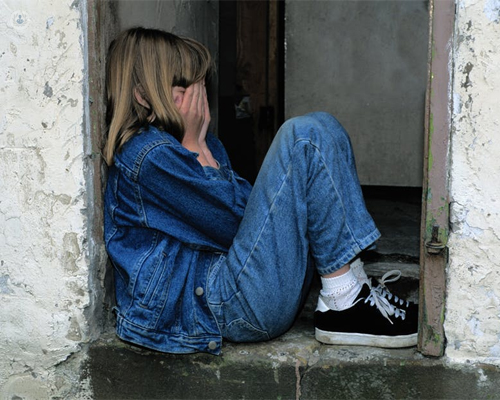Psychological abuse: the difficulty of objectifying the phenomenon
Written by:The violence that involves the phenomenon of psychological abuse mobilizes us deeply and we can not avoid identifying with the victim, awakening our tendency to protect and / or "save". It is very important to review these emotional reactions of the professional that can condition both the assessment and the intervention.
Concept and characteristics
According to the recognized norm in the field of child protection, psychological abuse is understood as "that chronic situation in which the adults responsible for the child, with actions or deprivation, provoke negative feelings towards their own self-esteem and limit the initiatives that has "From this definition we can extract three important characteristics that must be met in psychological abuse:
1. It is a chronic situation , therefore, this element will help us differentiate when it comes to a dysfunction in the relationship or a pathological relationship but not a psychological abuse.2. They provoke negative feelings towards self-esteem3. Initiatives are limited, one of the basic elements for the development of the personality is to be able to stimulate the desire to grow, to live and creativity. When obstacles to development and autonomy are placed, serious consequences occur, affecting the feeling of self-esteem.

Forms of psychological abuse
In the Parental Alienation Syndrome , the 3 mentioned conditions can be given: it can be a chronic situation, the self-esteem is affected (the Alien parent threatens the abandonment and the loss of esteem verso the son) and limits the initiatives, if we do not lose sight of the need and / or desire to relate to the other parent (the child develops a tendency to feel its relationship with the other parent as harmful and dangerous). For this reason we can assure that this represents a true psychological abuse.
Many other definitions of psychological abuse differentiate an active form from another passive, understanding that abuse can occur both by default action. In the passive form there would be a lack of an affective context, there is no stimulation or affection and the relationship that offers it is predominantly cold. Often this form of psychic abuse is conceptualized as emotional abandonment.
Behind the active forms of abuse , the most obvious actions and signs, typical of moments of lack of control of parents where physical abuse is the external mark, we must bear in mind the psychic abuse that is also used to. The different forms of violent and humiliating punishments of the repressive education of the black pedagogy have been a form of expression of these psychic abuses that today are still women in some cases.
As clear signs of identification of psychological abuse is considered:- reject, despise, humiliate, insult, ridicule- manipulate and terrorize: manipulation refers to the influence or inducement in the child of a behavior with a malicious purpose. A serious level of manipulation can be terrorized, that is, using fear as a means of control, threatening the child with extreme or diffuse but sinister punishment.- oppress-press: it has to do with demanding the child's results or actions or over their possibilities, or in an excessive and unnecessary way and supposes an action of dominion over him- corrupt: facilitate and reinforce patterns of deviant or antisocial behavior, especially in the areas of aggression, sexuality and drugs.- ignore: refers to the unavailability of parents and the lack of communication and interaction of parents with the child- Isolate: deprive the child of opportunities to establish social relationships , prohibiting or punishing him / her by participating in leisure activities and relating to others.
Therefore, psychological abuse in childhood is not only that caused by a terrible and evil character who wants to subject the child enjoying explicitly and manifestly his power over him. We can also discover the psychological abuse in the humiliations and rejection that both the character of Cinderella and the ugly duckling receive or in the abandonment of Tom Thumb.



